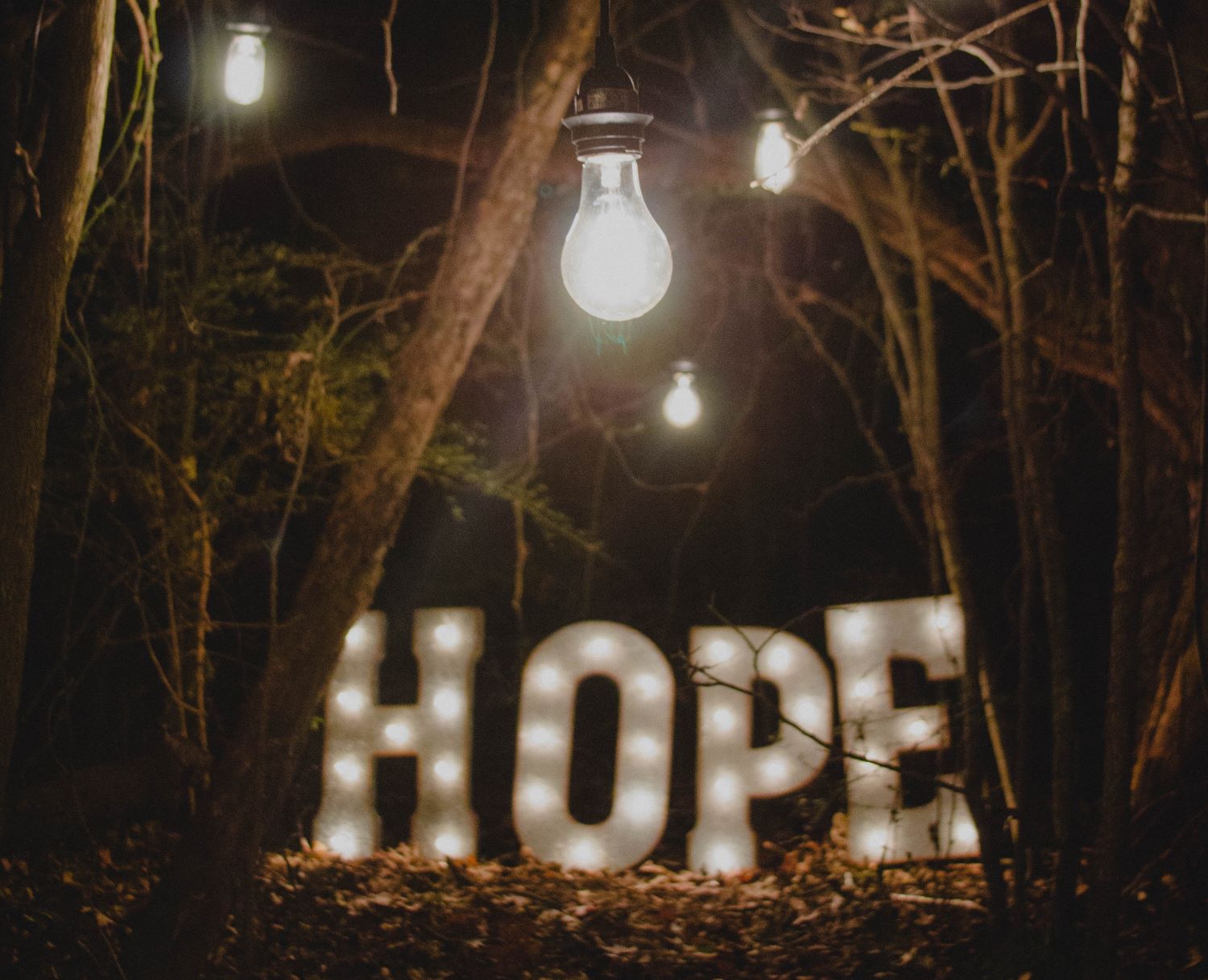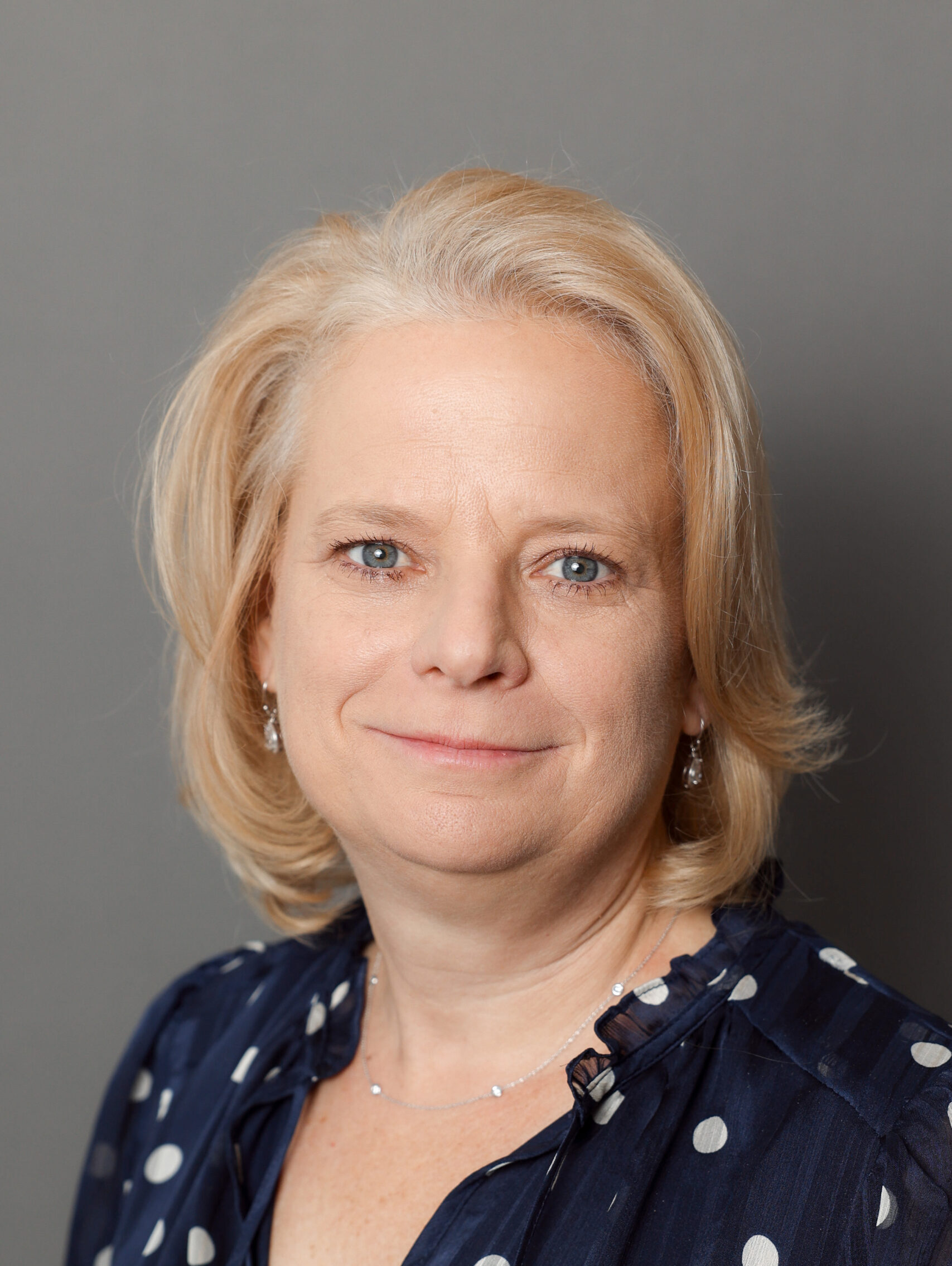As 2023 winds down, like so many, I find myself in a reflective mood, thinking back on the year personally and professionally. As this year wraps up, I am also thinking of another milestone: This past September marked my 30th year working in and on disasters and humanitarian crises. And while I can’t see myself working in any other field, I wonder at the Sisyphean nature of my chosen career.
This year, we’ve seen re-eruptions of violence in Sudan, Israel and Gaza, alongside continuing conflicts in Syria, the Democratic Republic of Congo and Ukraine. Disasters from natural hazards are growing in scale and frequency, with droughts, severe storms, cyclones, flooding and earthquakes causing death and destruction from Pakistan to Mississippi. As of December 8, the National Oceanic and Atmospheric Administration reported a record-breaking 25 weather and climate-related disaster events in the United States, each with losses exceeding $1 billion.
According to the United Nations, “One child in every five lives in, or has fled from, conflict zones in 2023. Some 258 million people face acute hunger. One in 73 people worldwide is displaced – a doubling in 10 years. And disease outbreaks are causing preventable deaths in all corners of the world.”
In telling the story of the hundreds of millions facing catastrophic conditions, words such as “once-in-a-lifetime” or “unprecedented” are used. Words that allow us to remove ourselves from the stark awakening that the scale and breadth of our current crises are, too often, our new reality.
Recently, I attended Philanthropy Southeast’s Annual Meeting in Montgomery, Alabama, and during my remarks on climate change and disasters, I spoke of the words we use when speaking of disasters. And how, in the immortal words of Inigo Montoya, “You keep using that word, I do not think it means what you think it means.”
In speaking of disasters and their impacts on affected communities, we must look beyond the hazard itself to the underlying vulnerabilities. We need to understand better what is shifting, creating this new normal for far too many. Rather than focusing only on needs, losses and records broken, we need to lift up what has improved. Where differences have been made and where progress is possible, for it is in these places that hope is born.
Over the decades of my career, I have witnessed some of the worst of humanity. But I have also had the distinct honor and privilege to work alongside some of the most wonderful people imaginable. Individuals who risked their lives and livelihoods to help, who opened their homes to neighbors and welcomed strangers seeking shelter from the storms.
And my faith in humanity is not the only origin of my hope.
The sector is more professional than ever, with the vast majority of those helping affected communities proximate in culture and community. At CDP, we have put our money where our mouth is, investing 76% of the $21.67 million in funds disbursed this year to local or national organizations.
Gaps remain, and the percentage of overall needs met is far lower than any humanitarian would like. However, the sector can pride itself on reaching more people in need than ever before, often in situations that are increasingly dangerous to them.
As we look to 2024, CDP will continue its efforts to generate additional funds to support disaster-affected people, and we will continue to educate donors on the importance of committing to community-led, long-term, equitable recovery alongside short-term relief.
The world has a long way to go before we fulfill the promise of the United Nations Sustainable Development Goals to leave no one behind. And we’ve similar challenges ahead of us as we strive to mitigate the threats of climate change.
As I enter my fourth decade of standing with communities affected by disasters, I ask you to stand in solidarity with me in hope. Hope that together, we can be the difference we wish to see in the world.

